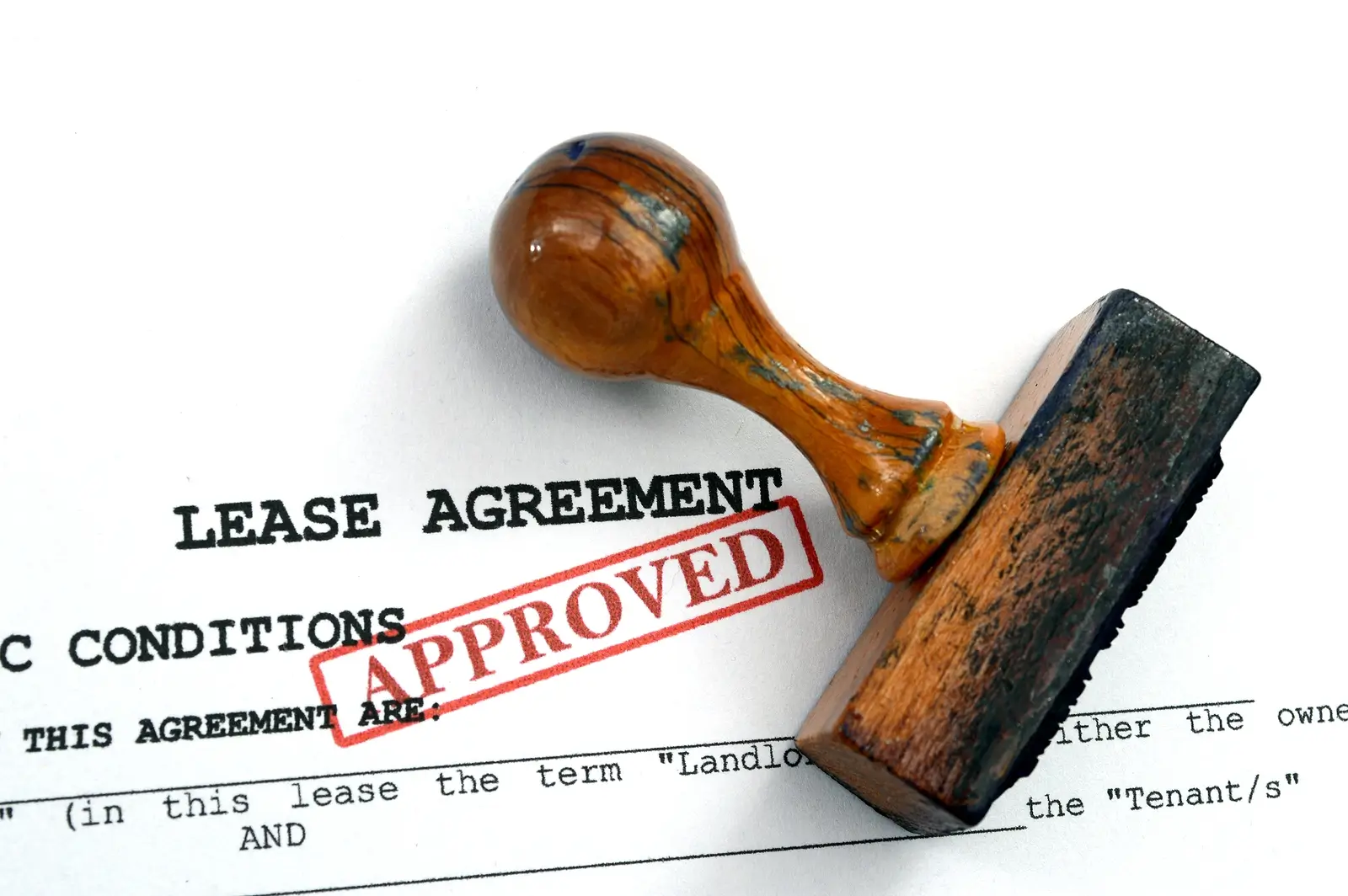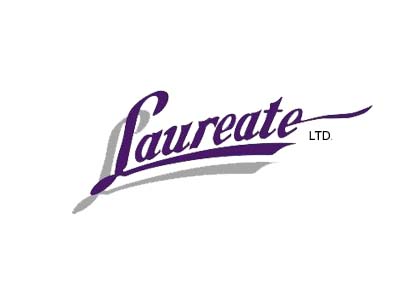Leases have always been pivotal in property dealings. But for you, a landlord in Denver, key clauses in a lease agreement aren't just plot points; they are your armor, your script, and your guiding light for maintaining profitable and legally secure rentals.
This comprehensive guide walks you through the critical lease clauses every Denver landlord must include.
By the time you're done reading, you'll know how to safeguard your rental property, comply with local laws, and create a rental lease agreement that benefits both you and your tenants.
Why Lease Clauses Are Your Most Powerful Tool
Your lease or rental agreement is more than a piece of paper. It defines the rental terms, sets clear expectations, and ensures that all parties involved are legally bound to agreed-upon clauses.
Neglecting essential elements could lead to unpaid rent, legal disputes, or even property damage. Why take the risk?
Parties Involved in the Lease Agreement Document
Start by identifying all parties involved. This means you, the property owner, and all tenants. Make sure their full names are stated to hold everyone accountable. This critical clause is your foundation, setting the stage for a legally binding contract that doesn't overlook anyone.
Detailed Description of the Property Address
Leave no room for ambiguity. Include a clear description of the rental premises, covering the property address and details of any parking spaces or shared amenities. These details eliminate misunderstandings and ensure everyone knows what they're getting from the rental agreement.
Specifying the Lease Term
Specify whether the lease is a month-to-month lease, short-term agreement, or annual lease term. Give clear start and end dates to align expectations. A well-defined lease term reduces confusion as the end of the lease approaches and prevents issues with automatic renewal.
Setting Financial Responsibilities
Rent Amount and Payment Terms
State the monthly rent amount tenants are responsible for paying, the due date, and acceptable payment methods. Leave no doubt about financial responsibilities. Important clauses like this help landlords maintain economic stability and avoid disputes over unpaid rent.
Security Deposit Policies
List the security deposit amount and return stipulations. Denver landlords must comply with Colorado state laws regarding the storage of deposits and the conditions for deductions. Outline how you distinguish between wear and tear and major repairs to maintain transparency.
Late Fees and Notice Periods
Define your late fee policy and include guidance on proper notice periods. This clause ensures smooth financial operations and gives tenants clear guidelines to follow.
Pet Fees
If you allow pets on your property, specify the pet fees in your lease. This clause should outline the amount, whether it's a one-time fee or a monthly fee, and include restrictions on the type or number of pets allowed.
This pet fee protects the property while accommodating tenants with furry companions.
First Month's Rent
Make a point to clarify when and how the first month's rent is due. Address whether tenants must pay it upon signing the lease or on their move-in date. This information ensures that both parties are on the same page about initial financial obligations.
Maintenance Responsibilities for Tenants and Landlords
Tenants should submit maintenance requests promptly for any issues that arise. Make it clear that they are responsible for paying for damages beyond reasonable wear and tear.
As the landlord, you must outline how you handle major repairs and routine maintenance. Create a timeline for addressing maintenance requests to manage tenant expectations.
A property manager can be invaluable in keeping these processes efficient and stress-free.
Alterations and Modifications
The tenant needs written consent to make modifications to the rental unit. Whether they want to hang art or install shelves, requiring the landlord's permission protects the property.
Legal Safeguards for Denver Landlords and Tenants
Fair Housing Laws
Ensure your lease agreement aligns with state laws and federal laws surrounding fair housing. These guidelines help avoid discrimination claims and ensure legal compliance.
Renter’s Insurance Clause
Require renters to have insurance to protect their personal belongings. This insurance protects both you and the tenants from unforeseen losses.
Severability Clause
Include a severability clause, essential for both landlords and tenants, to ensure that if any part of the lease agreement becomes invalid, the remainder remains enforceable.
Critical Clauses About Lease Endings and Renewals
Early Termination and Termination Clause
Include a termination clause that outlines the acceptable conditions for early termination. Specify fees or notice requirements, giving both you and your tenants a clear roadmap.
Automatic Renewal Policies
If the lease automatically renews, spell out the details. Include conditions for opt-outs to avoid confusion around the end of the lease or transition to a new lease.
Additional Clauses for Denver Landlords
Cannabis Restrictions
Given Colorado’s regulations, you might want to outline if tenants agree to refrain from using or growing cannabis on the property for residential purposes. Follow local laws to avoid conflicts.
Quiet Hours and Noise Policies
Define reasonable hours for noise and tenant behavior, ensuring harmony for tenants and neighbors.
Sublease Agreement Guidelines
Prevent unauthorized sublease agreements by requiring tenants to seek prior approval. This part ensures oversight of who occupies your rental premises.
Final Steps Before Signing
Review the Legal Document with a Trusted Real Estate Lawyer
Take time to review the lease agreement with a trusted real estate lawyer to ensure everything complies with local regulations. This simple step can save you from potential legal disputes.
Regular Updates and Amendments
Keep your lease clauses updated as state laws, federal laws, or local regulations evolve. This is especially important with financial responsibilities or changes impacting tenant rights.
Secure Your Lease, Secure Your Peace
Creating a lease agreement with the right clauses isn’t just smart—it’s essential for protecting your investment.
We at Laureate Ltd. specialize in property management and crafting streamlined, legally-compliant lease agreements that safeguard landlords like you.
Whether it’s handling the details or managing tenant relations, we ensure your rental experience is smooth and stress-free.
Visit Laureate Ltd. to learn how we can help you manage your properties with confidence.
FAQs
What happens if a tenant fails to pay parking fees?
If a tenant fails to pay parking fees outlined in the lease agreement, you can treat it as unpaid rent. Be proactive by specifying payment deadlines and consequences in your rental lease document, such as late fees or removal of parking privileges.
Can a lease be terminated automatically at the end of the lease term?
No, unless the agreement explicitly states the lease will not automatically renew. Without this clause, some agreements transition into a month-to-month lease. Make sure to review and clarify your termination clause.
How should landlords handle major repairs that tenants do not cause?
State in your lease that property owners are responsible for paying for repairs from regular wear and tear. Clearly define “major repairs” in the agreement to prevent confusion when tenants submit maintenance requests.
By including these clauses and following Denver-specific guidelines, you can create a comprehensive lease agreement that minimizes risk and maximizes success for both landlords and tenants.
Other Resources:
Why Routine Property Inspections in Denver Are Key to Long-Term Rental Success



